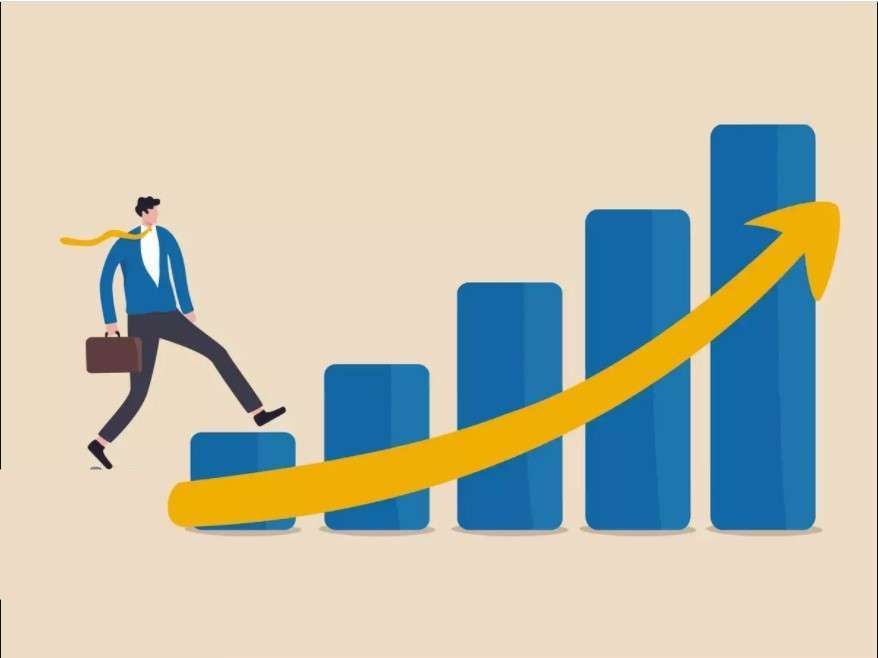We’ve all heard the saying ‘Buy low, sell high’, afterall it's a tried and true technique to be successful in investing. But oftentimes we hold out on investing during bull runs, in anticipation of the markets correcting themselves or thinking that you should probably wait till the prices are cheaper again.
The fact of the matter is, should you really invest when the markets are high?
The answer is simple. No one can ever really time the market. If you are interested in growing your money long-term then the best time to invest is always NOW.
Assuming that you aren’t interested in day-trading or making money soon, a 2020 J.P. Morgan study that analysed data collected over 30+ years for S&P 500, shows that even investing when the markets are at an all-time high, can guarantee successful returns in the course of the next year, 88% of the time!
Those are good odds to deal with.
Here are the reasons why investing in the long term is not dependent on the current situation of the market:
1. Unpredictability - No matter how thoroughly you gauge market insights, the truth is that the markets are largely unpredictable. They can be impacted by larger unforeseen factors that even the smartest macroeconomists couldn’t have possibly accounted for. This is why the chances of accurately predicting the course the market will take in the future, is 50-50.
2. Long term impact- Another reason why investing in the long term is not in any way related to present market conditions is that over the course of your investment horizon your money naturally grows with the market anyway. Any advantage or disadvantage it would’ve had during the time of investment gets corrected over time as well and that difference is then negligible compared to the returns you receive.
Similarly, you might also be pressured into buying the dips, or investing bullishly when markets are down, in hopes of a turnaround. You’ll be surprised to learn that this isn’t a great strategy either. That same 2020 J.P. Morgan study also concluded that the cumulative 5-year returns of people who invested during a dip were actually LOWER than the 5-year returns of those who bought during an all-time high.
Of course, this doesn’t mean that you blindly invest when the markets are high either, studies show that the worst financial hits usually occur close to their financial highs. For instance, the S&P 500 was at a record high in 2007 before the stock crash of 2008.
Thus, investing is more about your time in the market, and not timing the market.
Here are some ways you can mitigate the risk of timing the markets:
1. Rupee Cost Averaging- SIPs or systematic investment plans are small periodic investments, which can help you mitigate the risk of market volatility through the principle of rupee cost averaging. As long as your SIP amount is already set and your investments are consistent, it won’t matter whether the markets are up or down. This way, SIPs not only act as an effective method to tackle the risk associated with turbulent market conditions, but it also helps instill a good financial habit of investing consistently for the long run.
2. Diversification - Another sure and simple way of mitigating market risks is to build a well-diversified portfolio that includes different asset classes and investment vehicles. Diversification is the practice of spreading your investments around so that your exposure to any one type of investment is limited. It’s the financial version of not putting all your eggs in one basket.
This is mainly because different assets function completely differently than the markets and can thus equalise the risk you take on by exposing equities to your portfolio. For eg, Gold is historically shown to have a negative correlation with the market and is thus considered a safe asset. Similarly, your portfolio can include market-related and non-market-related assets, as well as stocks and bonds and further diversity within them (such as large-cap funds and tax saving schemes) etc.
If building your right portfolio seems daunting, however, you always have Stack. We assess your goals, risk, and larger investment objectives, for you. And through this analysis develop an expert-curated and well-diversified portfolio that perfectly fits your needs.


